Lilah Benetti is an artist and film director based in Naarm, Victoria, whose work is inherently Black and Queer, experimenting with ideas of otherness, intersectionality and the nuances that shape cross-cultural Australian identities. With Zambian-Italian heritage and an adoptive Djabugay family from the Kuranda region in Far North Queensland, Benetti has a distinct creative voice that demands attention.
Working across short film, video art installation and brand collaborations, Benetti’s creative practice examines the idea of distant utopias by embracing and depicting the potential of the more immediate future: “What of next year, next week, tomorrow?”
Among a long list of creative achievements, the short film Tinashé which Benetti produced, won the 2022 Honorable Mention Award at the Berlinale International Film Festival and recently Benetti was featured in Italian Vogue.
In this Colour Box Studio interview, Benetti discusses their summer residency in Tuscany with MQBMBQ (My Queer Blackness My Black Queerness); their most vulnerable creation, More Like a River, which won the Wyndham Art Prize 2022; and an upcoming residency with the Centre for Projection Art.
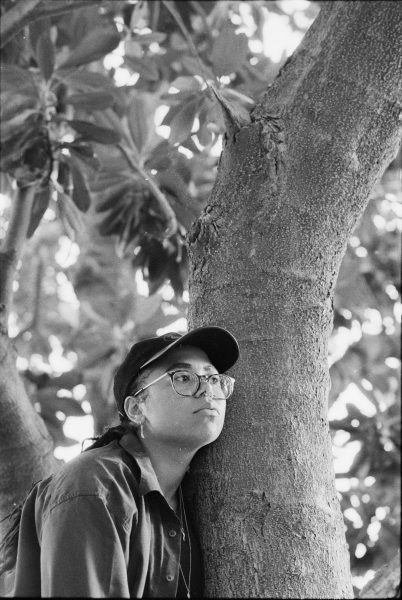
Where did you grow up and how has it influenced your practice?
I grew up between Daylesford, Victoria and Kuranda in Far North Queensland.
My Djabugay family up north are who taught me how to be powerful in my Blackness. My aunties and grandma’s are a huge part of my understanding of self and what community care looks like.
My biological father is a musician who was part of the Zamrock movement in Zambia and moved here in 85’ to continue his career. I would see him on TV shows like RAGE as a kid and I remember being so amazed by these worlds he was creating within his music videos. I think I had a pretty eclectic cultural upbringing that is reflected through my practice and for that I am really grateful. My work speaks to the notion that our present actions have a greater capacity to change these closer futures, and in fulfilling our ambitions for these immediate futures, foundations of our utopias are laid.
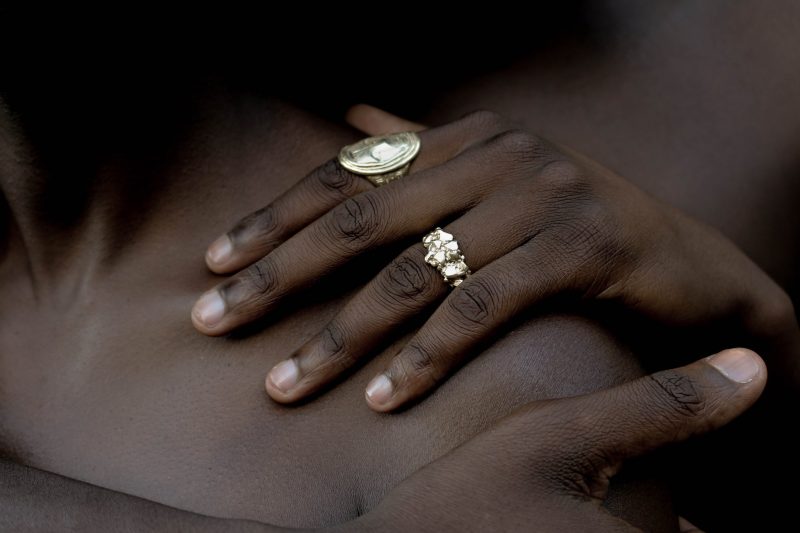
What has been your biggest highlight of the past year?
There are two major highlights for me, the first being a part of Berlinale in 2022 with Tig Terera.
It was really mind blowing to sit there with Tig and watch Tinashé on the big screen. I watched so many inspiring films from across the world as well as having access to the European Film Market’s digital conference which was such an amazing experience.
The second would be my Summer Residency in Tuscany with MQBMBQ (My Queer Blackness My Black Queerness). I spent the first 2 weeks of my trip doing research across London and Paris around the Queer Black creative community and the next 5 weeks writing and recording in my studio at Villa Lena in Tuscany. On the last week the founder, Jordan Anderson, took myself and two of the other artists to Venice to see the most beautiful Black/Indigenous work in the Biennale which is something I will never forget.
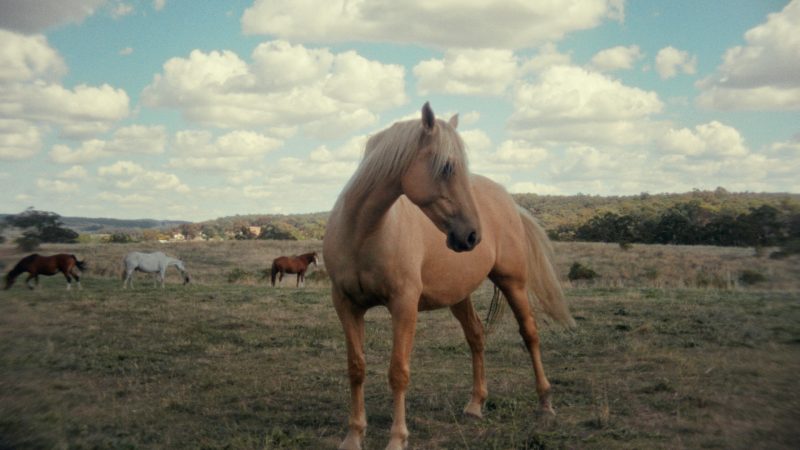
What has been your most treasured creation so far?
It’s hard to say for sure as I am connected to every project in such a big and different way and they all play a huge part in the journey. I think the two most notable for me right now are More Like A River and Black People Can’t Dance.
More Like a River was really me at my most vulnerable. It was a poem that I had been sitting on for about a year and I was at the point where I was busting to just create something. Linking up with Pookie and Sam to make that dream come true was really beautiful. I am so grateful for how it has been received and the places where I have been able to exhibit across Naarm. It really does hold a special place in my heart.
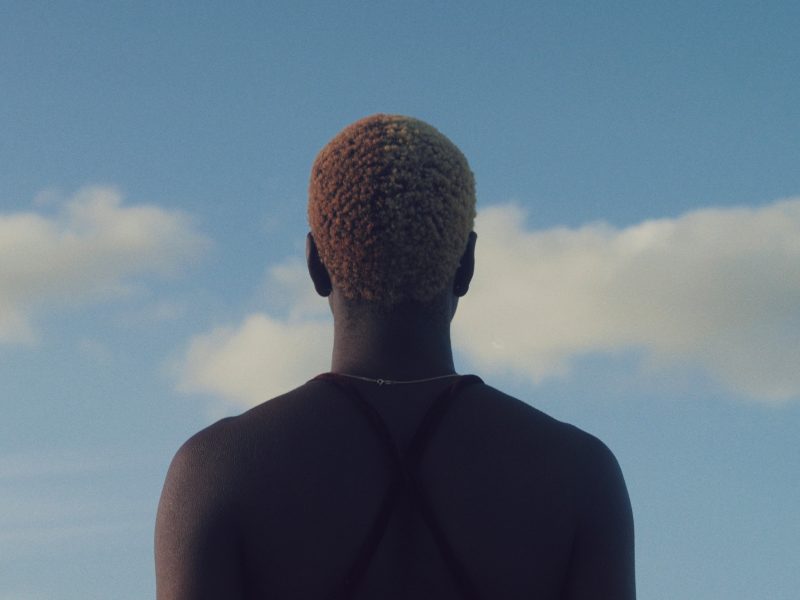
Black People Can’t Dance was also a really important personal project for me. There are so many contributors to the Afro Urban’s Black Diaspora’s that have worked tirelessly to bring this incredibly special project together. Of course working with the extremely talented Chantal Bala was mind blowing as well as the brilliant team Sam Biddle and Abdul Yusuf. To be a part of a wider project that focuses on creating space where Afro Diaspora in Naarm can connect on their collective experience through art is just so special. For me it was the timing of the project. I shot it a week before I left on a Summer Residency with MQBMBQ (My Queer Blackness My Black Queerness) in Tuscany and it is the first project I have edited in a while. Because I was editing on the other side of the world thinking about all these connections to my Blackness and my Queerness I really connected with the work on a deep level.
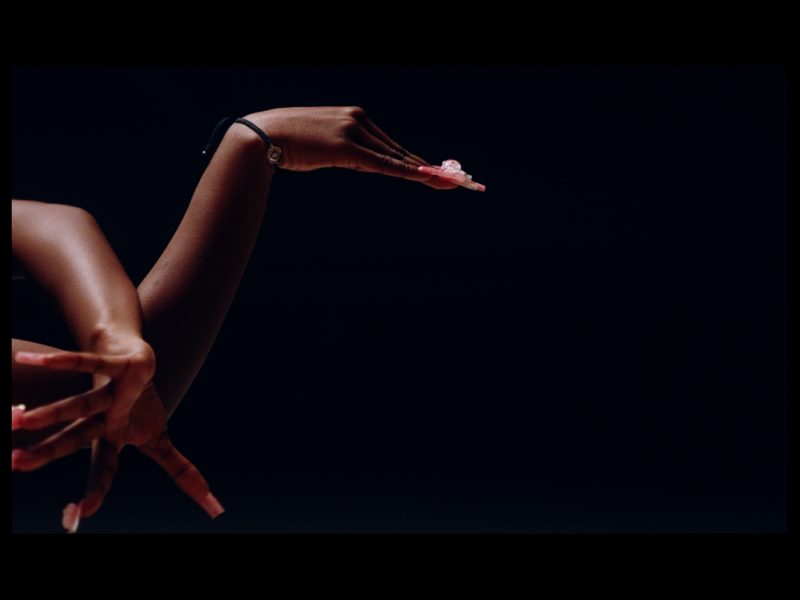
Who or what inspires your creative practice?
My work is so deeply rooted in people and I am very curious in nature, so I can get inspiration from being anywhere really; just learning and observing. I find most inspiration comes from travelling to different places and learning about Indigenous cultures pre colonisation, migration and the influences of Black and Queer culture on contemporary societies.
What future projects are you looking forward to?
I am working on a couple of projects at the moment in different stages, but I am really excited to begin filming some really creative projects across the next month. I am on residency with the Centre for Projection Art for the next few months and have a couple of exhibits lined up early next year which allow me to be a bit more experimental with my screen art.
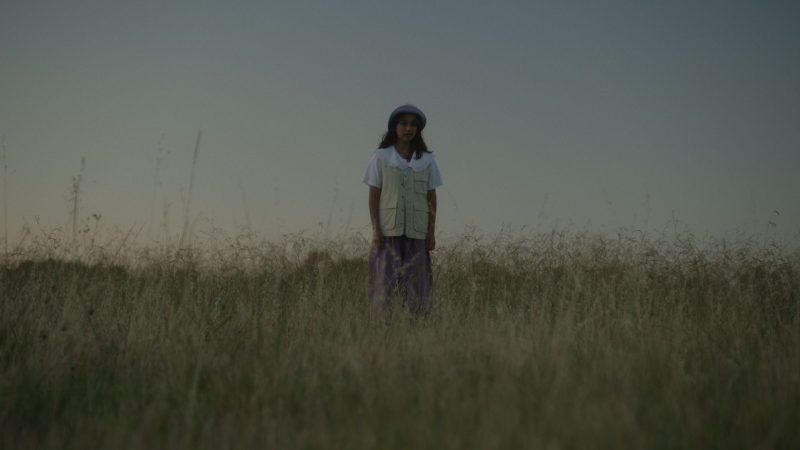
Whose work are you digging at the moment?
At the moment I am particularly interested in Horror Noire and am currently working my way through the Black Film Archive, which is a free reference showcasing films from 1898 to 1989. I watched the iconic Blacula for the first time last week and William Marshalls method acting is so incredibly brilliant!
Another exciting Director I am really into at the moment is Nikyatu Jusu. Sunlight by Suicide was really interesting and I can’t wait to see The Nanny.
Where can we find and follow you online?
Instagram: @easylilah
www.lilahbenetti.com
https://vimeo.com/lilahbenetti
